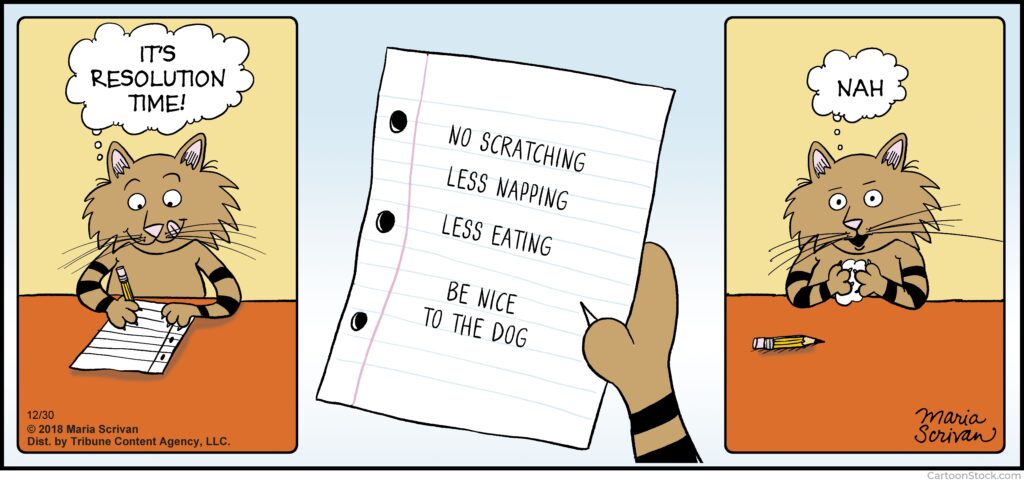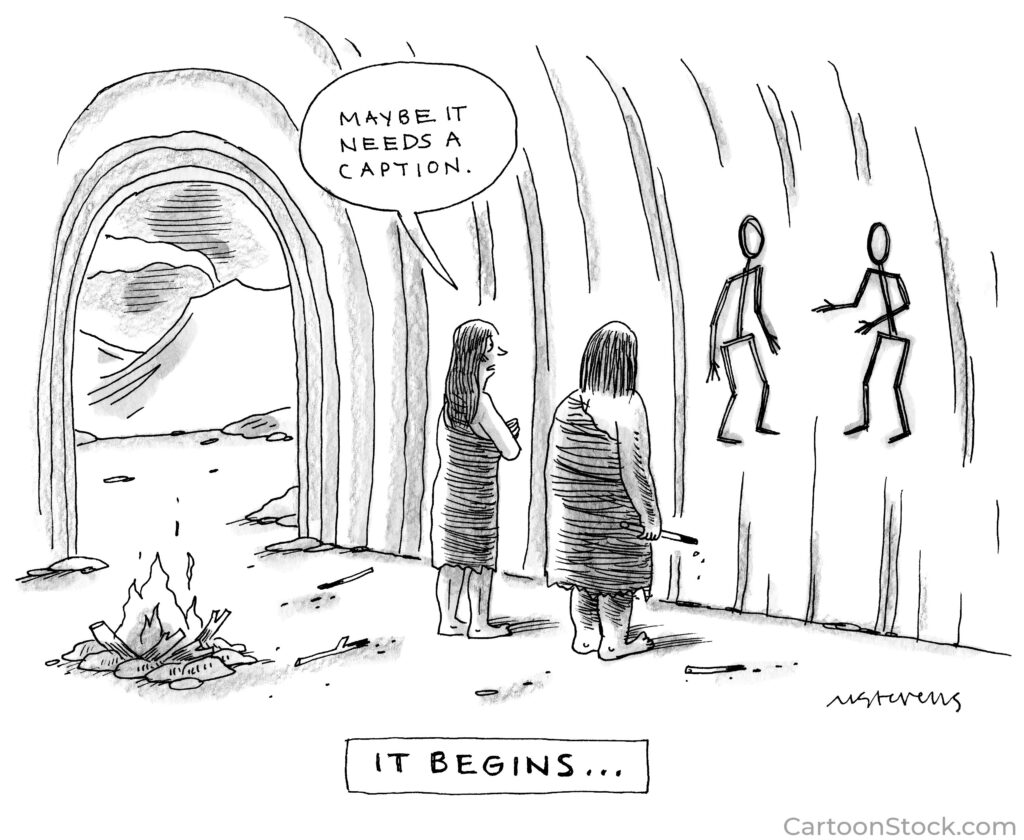
Melissa Kirsch, writer at The New York Times wrote, “One of my favorite New Year’s traditions is writing resolutions for other people. Tonight, if you’re with a group of friends or loved ones, hand out slips of paper and instruct the assembled to write a resolution for the new year. Put the papers in a hat, pass the hat, everyone draws one. The resolutions can be whimsical or reflective. They can be things the author would like to resolve themselves or things they think would be good for others to try” (NYT, December 31, 2022).
Here are some resolutions Kirsch read from others:
- In your closet and your life, subtract whenever you add.
- Stop and recognize happy moments when you’re in the middle of them. Literally stop and say out loud, “This is a happy time.”
- You don’t have to identify with your feelings.
- Realize that everyone is going through something.
- Remind yourself that your track record for getting through bad days is 100 percent, and that’s pretty good.
- Put 10 pennies in your left pocket. Find something for which you are grateful and move one penny to your right pocket. You should find all pennies have moved to the right pocket at the end of the day.
I enjoy Kirsch’s idea about writing resolutions for other people. We all want to give advice to others, why not legitimize the urge and turn it into a game, and reciprocate by receiving life-enhancing suggestions from others?
Let’s do this together. I’ll recommend a resolution for you to adopt and you (by responding to this post) recommend something I and my readers could benefit from.
My 2023 New Year’s resolution for you is: Proactively develop healthy, intimate relationships.
I’ll start with this factoid: For over 80 years, researchers at Harvard have studied what makes for a good life. They have found one surefire, scientifically proven predictor of happiness: developing warmer relationships. That’s it: Proactively develop healthy and more intimate relationships.
One of the most intriguing verses in the Bible is Genesis 2:18: “Then the Lord God said, ‘It is not good for the man to be alone. I will make a helper who is just right for him’” (NLT). In the process of creating the universe, God had said “it is good” six times, but here he says something is not good, and that should get our attention.
Adam had already been created and lived in a perfect environment free from sin, disease, and death. Adam also enjoyed an intimate relationship with God. And yet God said that something was missing; there was something not good about Adam’s condition. The problem is identified and solved when God creates another human, Eve, to be with Adam.
Evidently, we are created with a need to relate intimately with other humans. It is a God-given need. You and I will never be happy and fulfilled unless we have an intimate relationship, not just with God, but also with others.
The first step is to take the initiative. Don’t wait for someone else to approach you about developing a friendship; make the first move. Identify someone that you think you would enjoy getting to know and invite them to lunch, or agree to talk weekly. Developing good friendships is not complicated but it takes initiative.
Years ago I made a New Year’s resolution to make 52 new friends in the coming year. I worked hard at it and 12 months later I had 42 new friends. Perhaps a more reasonable goal would be to make one new friend a month during 2023.
That’s my goal for you. Click the “respond” link and suggest a resolution for me and your fellow readers to pursue.
Here’s an article that is good from beginning to end. Well written by Melanie McGrath, it explains the Japanese art of Sashiko and how it can enhance Western culture. Could the art of “sashimi” help mend our frayed world?



 I’m happy to announce the Travel with Friends trip for 2023 – 16 day trip to the British Isles.
I’m happy to announce the Travel with Friends trip for 2023 – 16 day trip to the British Isles.